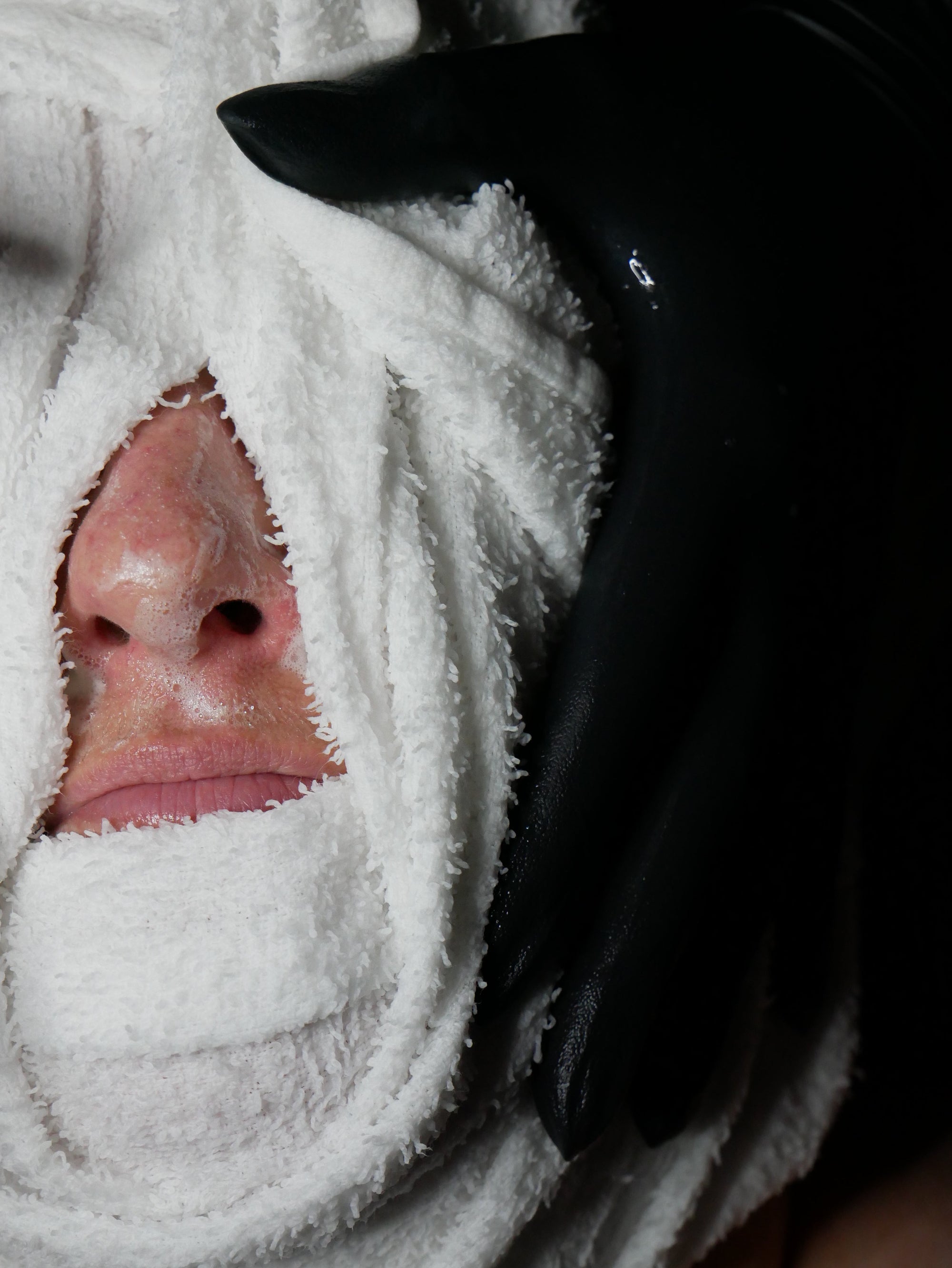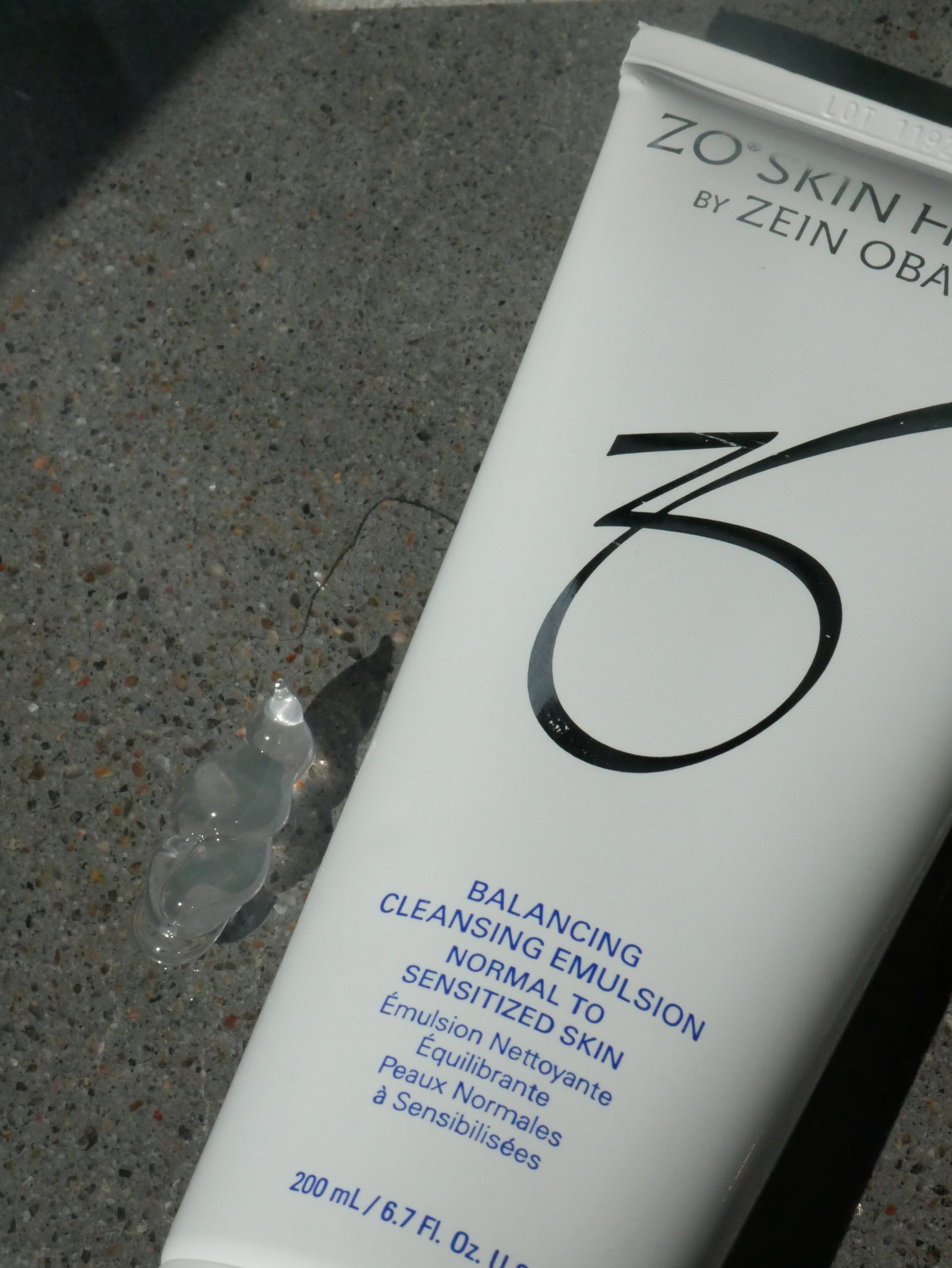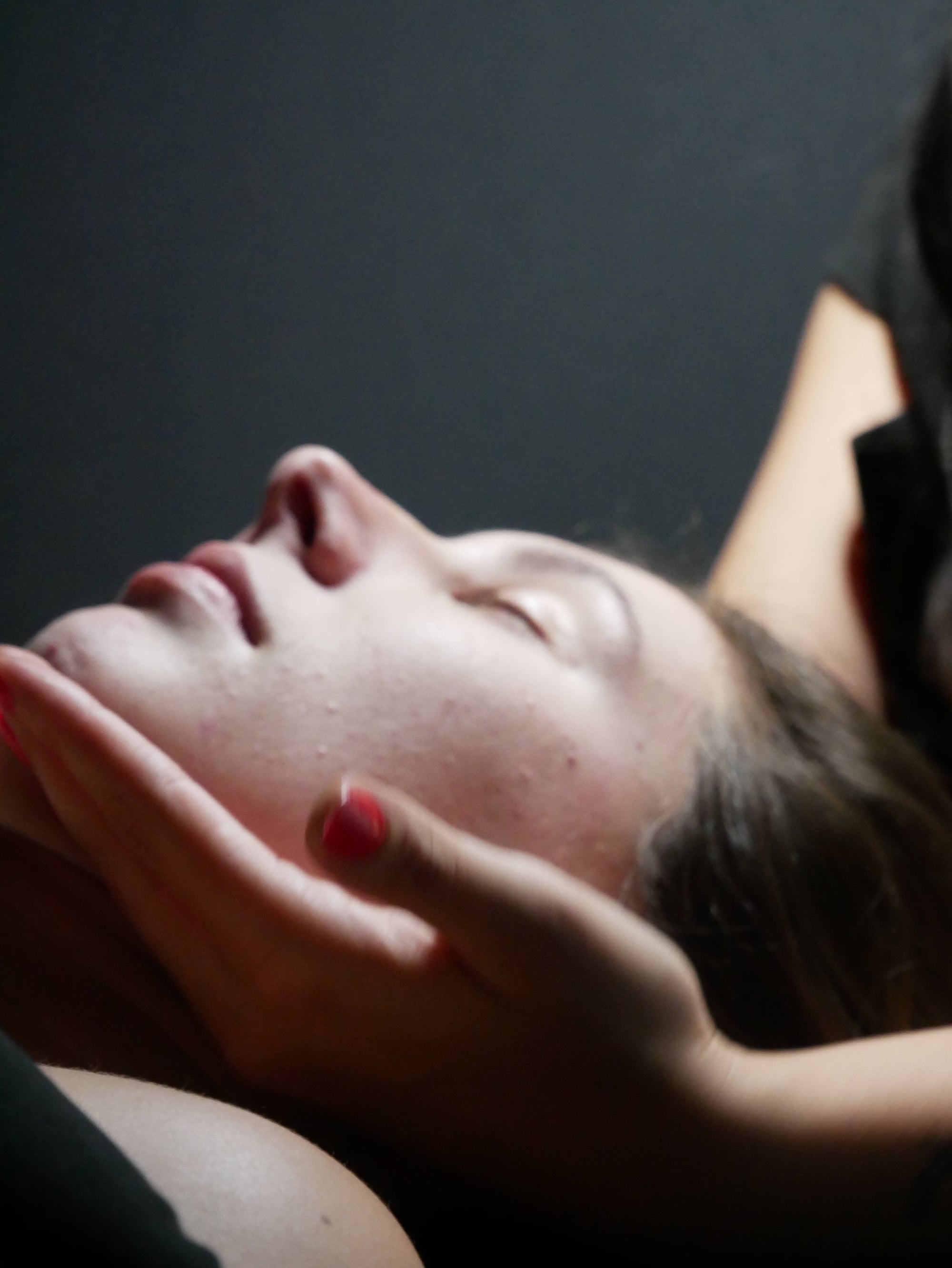Collagen and elastin are two essential proteins that play a crucial role in the structure and appearance of our skin. As major components of connective tissue, they are responsible for the elasticity, firmness, and hydration of the skin.
In this article, we will explore their functions, the causes of the degradation of these proteins, the resulting reactions, as well as the treatments and actives to support them.
1. What are Collagen and Elastin?
- Collagen
Collagen is the most abundant protein in the human body, accounting for about 30% of the total protein. It is found in the skin, bones, tendons, and ligaments, where it provides structure and support. In the skin, collagen contributes to its firmness and resilience.
- Elastin
Elastin is a protein that allows the skin to regain its shape after being stretched or compressed. Unlike collagen, which is rigid, elastin gives the skin its flexibility and elasticity. This allows the skin to bend and fold easily without cracking.
2. Causes of Collagen and Elastin Degradation
- Internal Factors
Age: With aging, the production of collagen and elastin naturally decreases. This can lead to a loss of firmness and elasticity, as well as the appearance of wrinkles and fine lines.
Genetics: Genetic predisposition can also influence the quantity and quality of collagen and elastin in the skin.
- External Factors
Sun Exposure: UV rays can degrade collagen and elastin, causing premature aging and the appearance of pigmentation spots.
Pollution: Polluting particles can generate free radicals that damage skin cells, including those producing collagen and elastin.
Smoking: Tobacco reduces blood circulation and harms collagen production, contributing to a dull complexion and premature wrinkles.
3. Reactions of the Skin to the Loss of Collagen and Elastin
When the production of collagen and elastin decreases, the skin begins to lose its firmness and elasticity. This results in:
- Appearance of Wrinkles:
- Skin Sagging:
- Uneven Texture:
4. Treatments to Support Collagen and Elastin
- Topical Treatments
Retinol
A derivative of vitamin A that stimulates collagen production and promotes cell renewal, thereby helping to reduce wrinkles and improve texture.
Vitamin C
A powerful antioxidant that protects against damage caused by free radicals and stimulates collagen synthesis, contributing to a radiant complexion.
Peptides
These small chains of amino acids signal to the skin cells to produce more collagen, helping to firm and smooth the skin.
- Professional Treatments
Laser
Stimulates collagen production by targeting the deep layers of the skin without damaging the surface.
Microneedling
Creates small perforations in the skin, triggering the production of collagen and elastin for firmer and smoother skin.
Collagen or Hyaluronic Acid Injections
Aiding in restoring the volume and hydration of the skin, providing an immediate effect and long-term support.
5. Assets and Their Operation
- Hyaluronic acid
Retains water in skin cells, helping to maintain hydration and give the skin a plumped appearance.
- Plant Extracts
Like green tea or licorice extract, which have antioxidant and anti-inflammatory properties, thus supporting skin health.
- Coenzyme Q10
An antioxidant that helps protect skin cells and stimulate collagen production.
In conclusion, collagen and elastin are essential for maintaining the firmness, elasticity, and texture of the skin. Understanding the causes of their degradation and the available treatments allows for a better fight against the signs of aging. By incorporating appropriate care and targeted active ingredients into your routine, you can support the health of your skin and preserve its youth.
If you would like to learn more about treatments to support collagen and elastin or receive personalized advice, feel free to consult our team of skin care experts.


